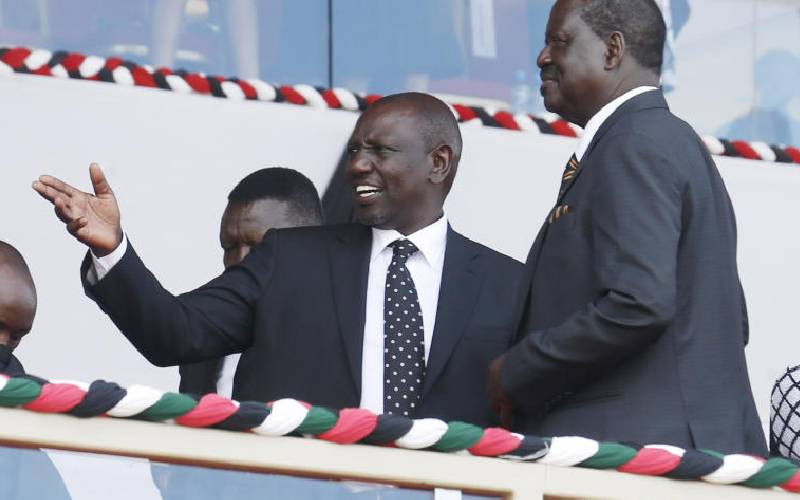
Kenyans will today bring an end to a tumultuous, incessant and expensive campaign period as they go to the polls to elect the country's fifth president and five other public officers while calling time, at least momentarily, to a brutal contest between the country's two top politicians. For many, the votes they will cast represent more than the ascension of a favourite candidate. On these votes ride the hopes and ambitions of a nation, personified in the needs and wants of every Kenyan voter driven by a high cost of living that has settled in individual homesteads across the country.